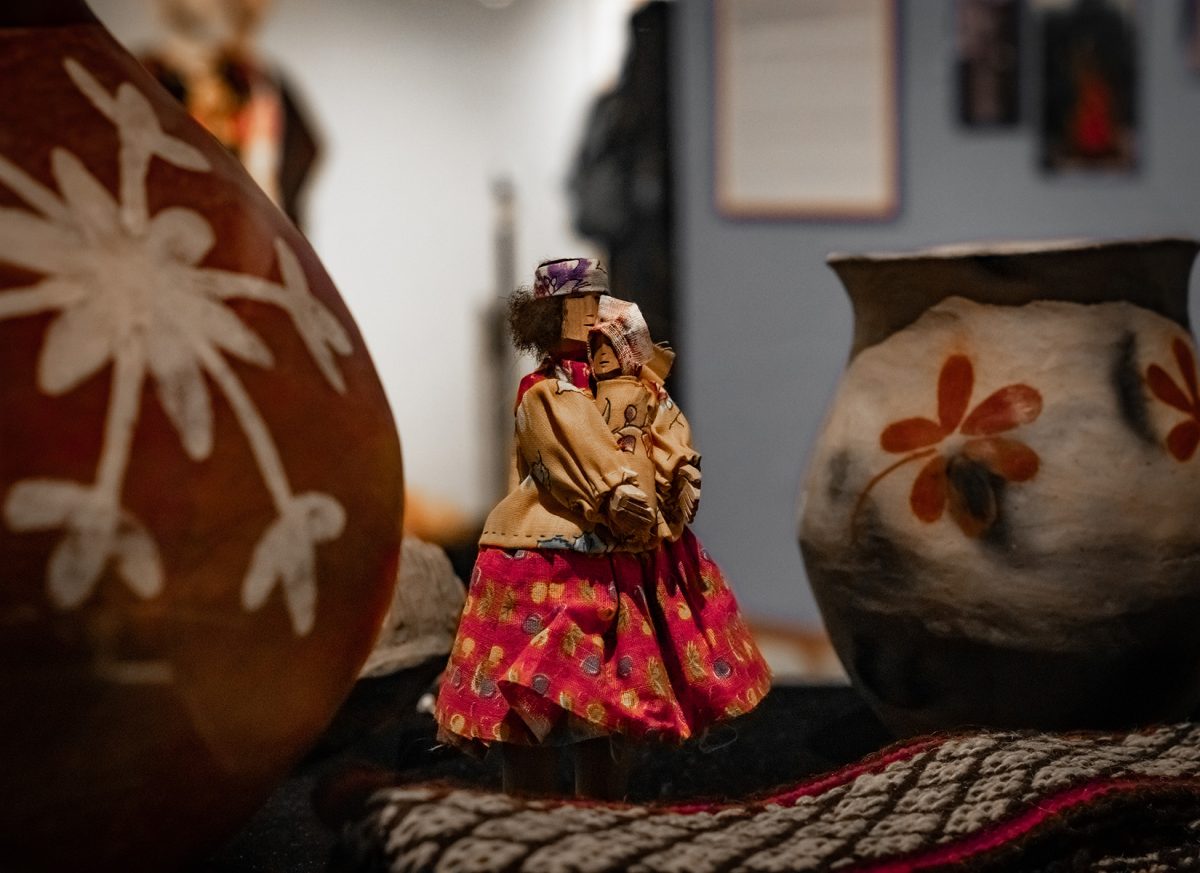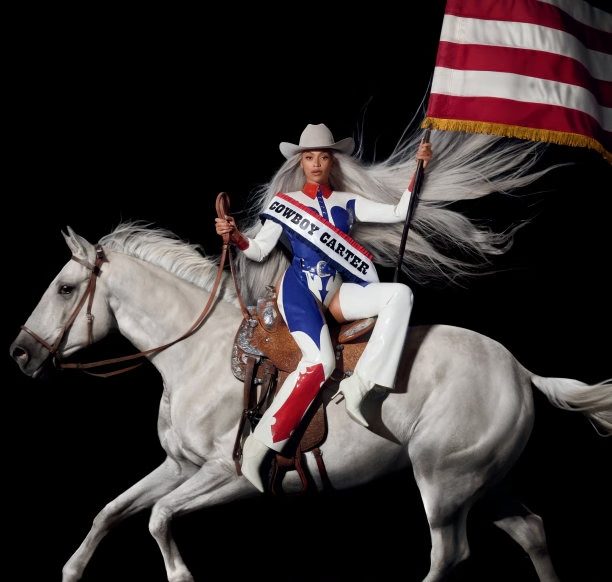As early as the silent film era, Latinos were one of the most stereotyped ethnicities in film. In 1910, “The Thread of Destiny” used the phrase “greaser” to depict Mexican as “banditos.” During the time when revolutionaries were struggling to free Mexico from the mistreatment of the Porfirio Diaz dictatorship, Hollywood rejected the revolution in Mexico by using Mexican “banditos” as suitable enemies to the North American cowboy.
Carlos Ortega, Chicano studies professor who displays films in his class and discusses the stereotypes that each film portrays, said Hollywood has not gone out of its way to change characters and makes
them symbolic.
“The problem I think that we continue to have is that we have so many different stereotypes, you really lose sight of that—not all of us are like that,” Ortega said. “That becomes the problem of illustration
for the community.”
Over the years, films have fluctuated in their portrayals. In the ‘40s and ‘50s, Latinos began to criticize films with and the way Chicanos were being portrayed by Hollywood.
“They began to demand better representation, even go so far as boycott films from Hollywood,” Ortega said. “They started making their own films, which is now called
Chicano Cinema.”
Examples include the typical Latino gang member, who was portrayed in two different films, “Boulevard Nights” and “Walk Proud.” as well as the Anglo-Saxon man, Robby Benson with blue eyes, who was played a Hispanic gang member, when he didn’t fit the criteria.
One of the films that Ortega includes in his class every year is called “Viva Villa”— the legendary icon who was portrayed by an American actor named Wallace Beery.
Junior criminal justice major, Felisha Mitchell, is in Ortega’s class and said that the story she was told about Pancho Villa as a child was nothing like the film she saw in class.
“‘Viva Villa’ was funny, but it’s crazy—he was a general and generals don’t have time to be acting like how the Villa in the film was portrayed as,” Mitchell said.
Mitchell also said she was surprised about all the stereotypes the film was filled with, and how it failed to include all the tactical knowledge that Pancho Villa was known for.
“If you knew nothing about Villa, you would have thought he was a dumb guy, who knew nothing except being a bandit, but come to find out, he never did drink or smoked,” Mitchell said. “And although he was a womanizer, he also had a family he was dedicated to.”
Many of the roles portrayed by Hispanics are often maids, religious persons, farm workers, family oriented “cantina girls,” also known as bar girls or low wage workers, and gang members with thick accents.
“When they always have Hispanics as maids and cleaning, it’s like they are portrayed as that’s the only job they have, which is not true,” Mitchell said.
Valerie Padilla, junior digital media production major, said that Hollywood films are instilling the younger generation with the stereotype of certain ethnic groups, leading them to think that reality is the same as what is portrayed on-screen.
“I get insulted with the stigma of how Mexicans are mostly seen in Hollywood, they are the typical character of the violent, aggressive, lazy, drunk,” Padilla said.
Janine Quiroz, senior criminal justice major, said she has noticed the misrepresentation that Hispanics receive in films.
“It sometimes upsets me how Hispanics are portrayed because most of the time they are the maids or the gardeners and that stereotype in the media is what stops us from getting out of it,” Quiroz said.
Today, Hollywood films are beginning to alter the way they represent Hispanics in films, mainly because more Latinos have crossed that barrier and have started to work behind the scenes, becoming very successful writers, producers and directors.
“Hollywood became more involved in involving Mexican-Americans, they were putting in more money, quality of films started to look better, however the message was lost, it was all part of the evolution,” Ortega said. “There are people who continue to deliver the message but are not getting into the market.
Kimberly Valle may be reached at [email protected].






